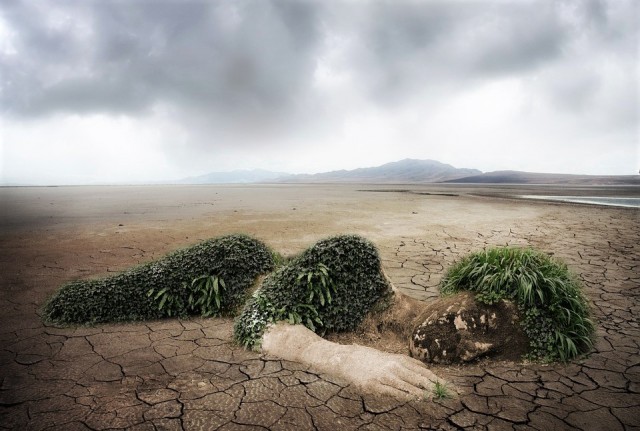The planet is in trouble, and it’s our fault. The United States ranks second, behind China, among the world’s top greenhouse gas emitters. Emissions per person are nearly 20%, double the world average. Moreover, historically, the U.S. has been the top polluter. Between 1850 and 2011, the U.S. contributed up to 27% to the world’s total carbon emissions and between 1990 and 2011, they contributed to16% of the world’s greenhouse gases.
In fact, when the ecological footprint of Americans is measured, results show that we would need 3.9 Earths if the global population had a consumption rate similar to the one in the U.S. As staggering as that figure is, four nations have higher rates.
In December 2015, the United Nations Framework Convention on Climate Change was held in Paris. The agreements signed seek to reduce the increase in global temperatures and cap emissions. As of October 2016, 115 out of 197 nations have ratified the agreement and both China and the U.S. signed the accord in September.
Now, the U.S.’s role in reducing global emissions and halting the rise in global temperatures is threatened. President-elect Donald Trump had said prior to the election that global warming was a falsehood fabricated by the Chinese and that the Paris agreements were ridiculous.
“During the Presidential primary campaign, claims were made that the Earth is not warming, or that warming is due to purely natural causes outside of human control,” the National Academy of Sciences said in an open letter in September. “Such claims are inconsistent with reality.”
Given the current political climate and the state of the environment, ReportLinker decided to survey Americans and discover how average citizens view climate change.
Participants were asked where they believed the U.S. ranked in a list of world’s carbon emitters: 37% correctly placed the nation in the top three and an additional 35% said in the top four to 10.
Age seemed to determine ranking. Millennials placed the U.S. in the top three 43% of the time, while older generations incorrectly ranked the country in the 11th to 20th position 22% of the time.
ReportLinker asked if participants thought the Paris agreement would translate into environmental action. More than half (53%), said it was unlikely. Among those who thought it would lead to action, only 6% said action was very likely.
When asked what environmental factor was the most concerning, 7% said they were not concerned about the environment at all. Despite the fact the U.S. has one of the largest ecological footprints, only 33% were concerned about overconsumption.
The top concerns were air and water pollution, at 68% and 67% respectively, wildlife conservation at 54%, and food safety and waste, at 51% and 50% respectively. Respondents were less concerned with energy consumption and soil pollution.
Finally, ReportLinker asked what Americans were doing to reduce their carbon footprint. The top responses were shutting off lights in a room (27%), and reducing, reusing, recycling (24%).
Other options received less responses: reducing food waste, reducing water consumption, buying locally produced foods, and unplugging electric devices were among the least popular ones.
Again, age played a role as millennials were more likely to carpool, bike or use mass transit, while older generations were more likely to purchase Energy Star appliances.
One thing is certain. As citizens of Earth, we’re in this together but what steps are we going to take to halt climate change?
Find a Home-Based Business to Start-Up >>> Hundreds of Business Listings.



















































